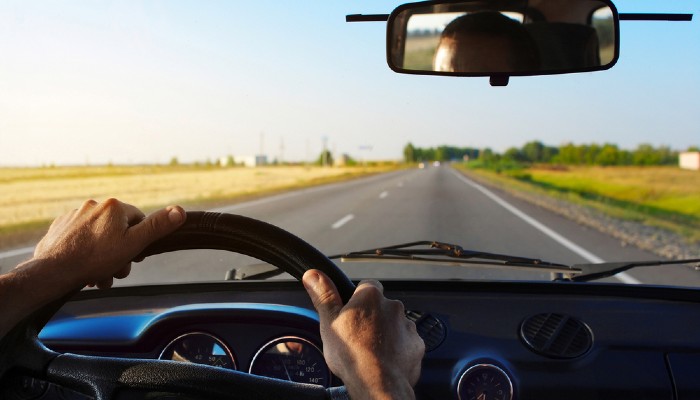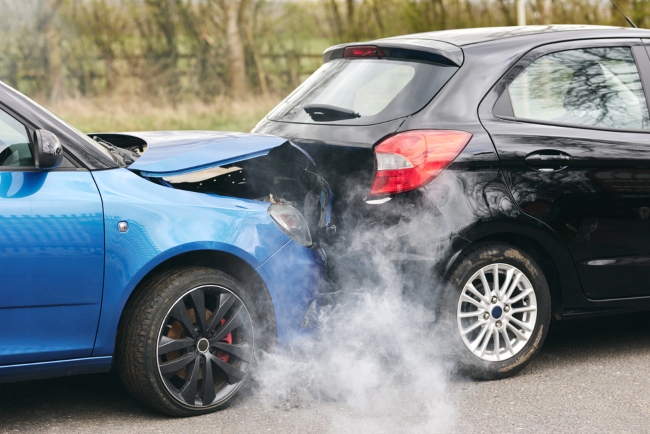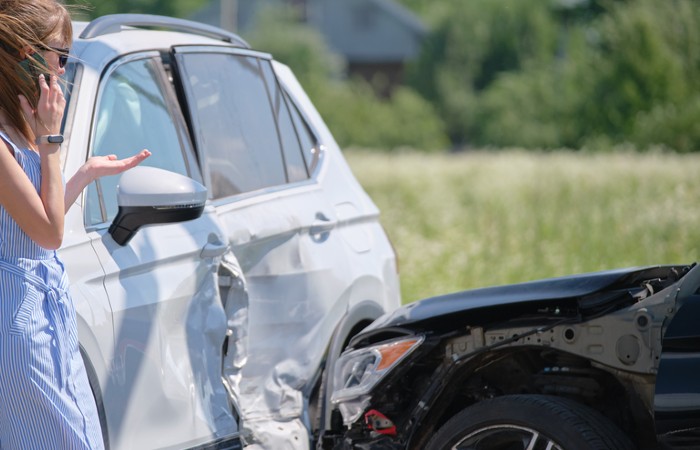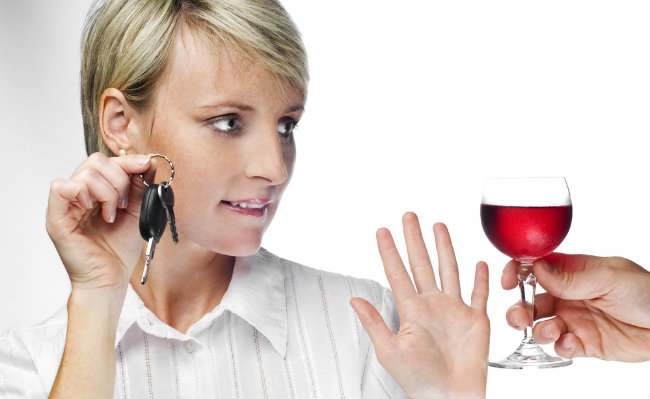
Routine maintenance and repairs on large commercial trucks need to be done to ensure the safety of the trucker and other motorists on the road. Defective equipment, such as faulty brakes, worn tires, steering issues and more, can lead to an accident. When a truck experiences equipment failures, due to its size and weight, it can result in serious, life-threatening injuries.
Truck drivers are subject to frequent inspections of their trucks to ensure they are fit for the road; if determined to be unsafe, they are required to undergo repairs before returning to the road.

Originally Published: August 10, 2015 • Republished: March 10, 2023 • Updated on September 15, 2025.
Truck drivers work long hours, face tight deadlines, and often have rigorous schedules. Drivers often suffer from a lack of adequate sleep, extended work hours, and mental or physical exertion, all of which can impair their driving performance. Is it any wonder that one of the most dangerous causes for truck accidents is driver fatigue?

Truck drivers work long daily and weekly hours on a continual basis. Hours of Service, or HOS, regulations are to protect truck drivers and other motorists by preventing drivers from operating a vehicle unsafely due to overexertion and fatigue. These regulations generally place limits on how long a driver can operate a vehicle and be on duty.
Hours of Service, or HOS, refers to the maximum amount of time drivers are permitted to be on duty including drive time, and specifies number and length of rest periods to help ensure drivers stay awake and alert.

If you have been injured in a car accident, slip and fall, or other type of accident due to another’s negligence, you may be asking yourself, “Can I act as my own personal representative in pursuing a personal injury claim?” This is also referred to as being a pro se litigant or self-representing, instead of hiring an experienced personal injury lawyer. Before making that decision, consider what this could mean for you.

There is a need for safer railroad crossings. On Tuesday, February 7, 2023, Pleasant Hill, Missouri was the sight of a deadly railroad crossing accident. A collision between a delivery truck and an Amtrak train resulted in the truck driver’s death. The accident happened on uncontrolled tracks, which means that only simple stop signs are posted on either side of the crossing.

Defensive driving is the practice of anticipating potential hazards and using proactive techniques to prevent accidents. In general, be aware of what other drivers are doing, expect the unexpected, and be prepared to avoid it. Using defensive driving practices can help you reduce risks, protect yourself and others, and become a safer driver.

Rear-end car accidents—where one vehicle crashes into the back of another—are one of the most common car accidents on the roadway today. Even though they don’t typically cause fatalities, they often lead to serious injuries such as whiplash, spinal trauma, and concussions.
Understanding your legal options is essential if you’ve been involved in one. Here are some things you need to know about rear-end car accidents.

T-Bone accidents, otherwise known as side impact collisions or broadside collisions, occur when the front of one car strikes the side of another at a perpendicular angle. These types of collisions are among the most dangerous types of car accidents, often resulting in serious injuries, sometimes even fatalities.
T-Bone Accidents are Dangerous Because:
Unlike front or rear-end collisions, where bumpers, trunks, and engine compartments offer layers of protection, T-Bone crashes leave occupants vulnerable.

A personal injury lawyer protects your legal rights whether you are hurt in an automobile accident, a slip and fall, or by a defective product or dangerous drug for which someone else may be legally responsible (due to negligence or carelessness).

The holiday season is a time of joy, celebration, and togetherness. But it’s also a time when alcohol consumption increases, making December a critical month for alcohol awareness campaigns like Drive Sober or Get Pulled Over. The message is simple yet lifesaving: drinking and driving do not mix.
Be a responsible driver, use these tips, and drive sober.